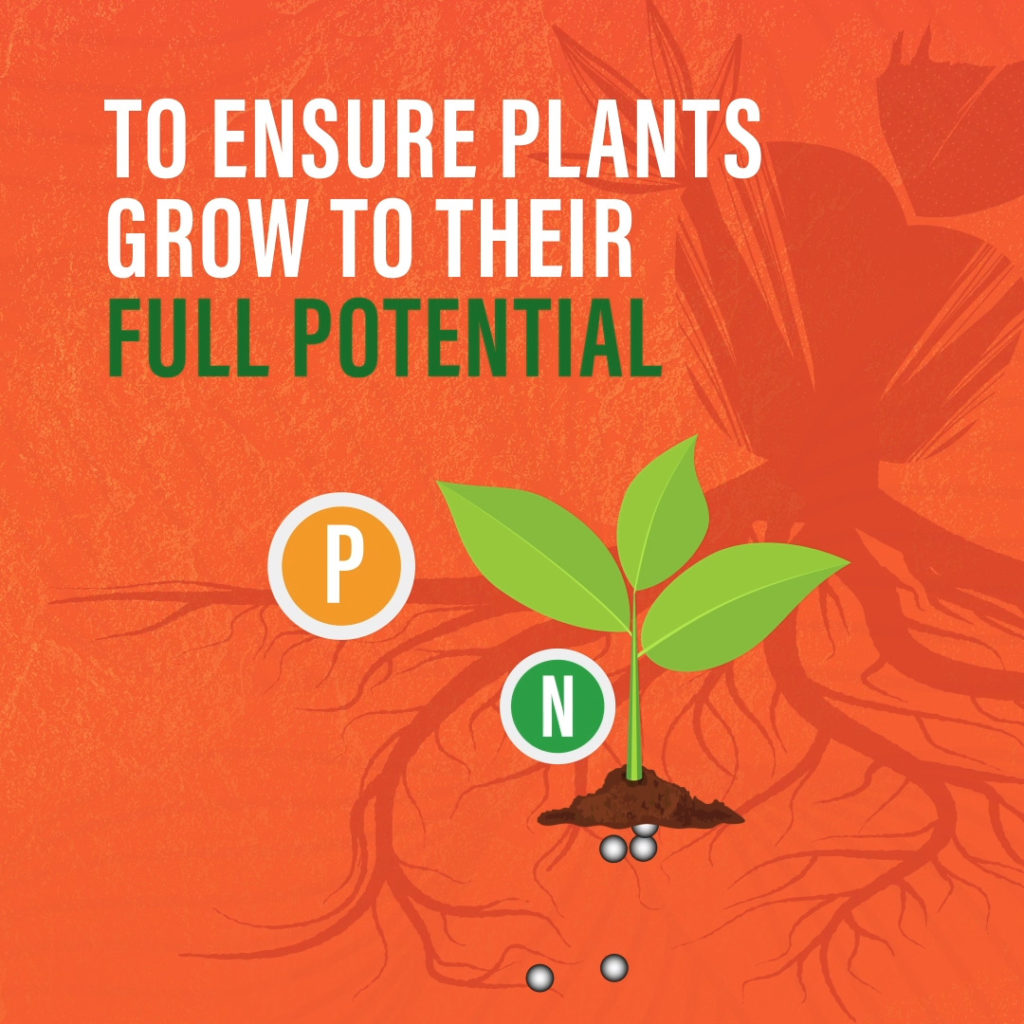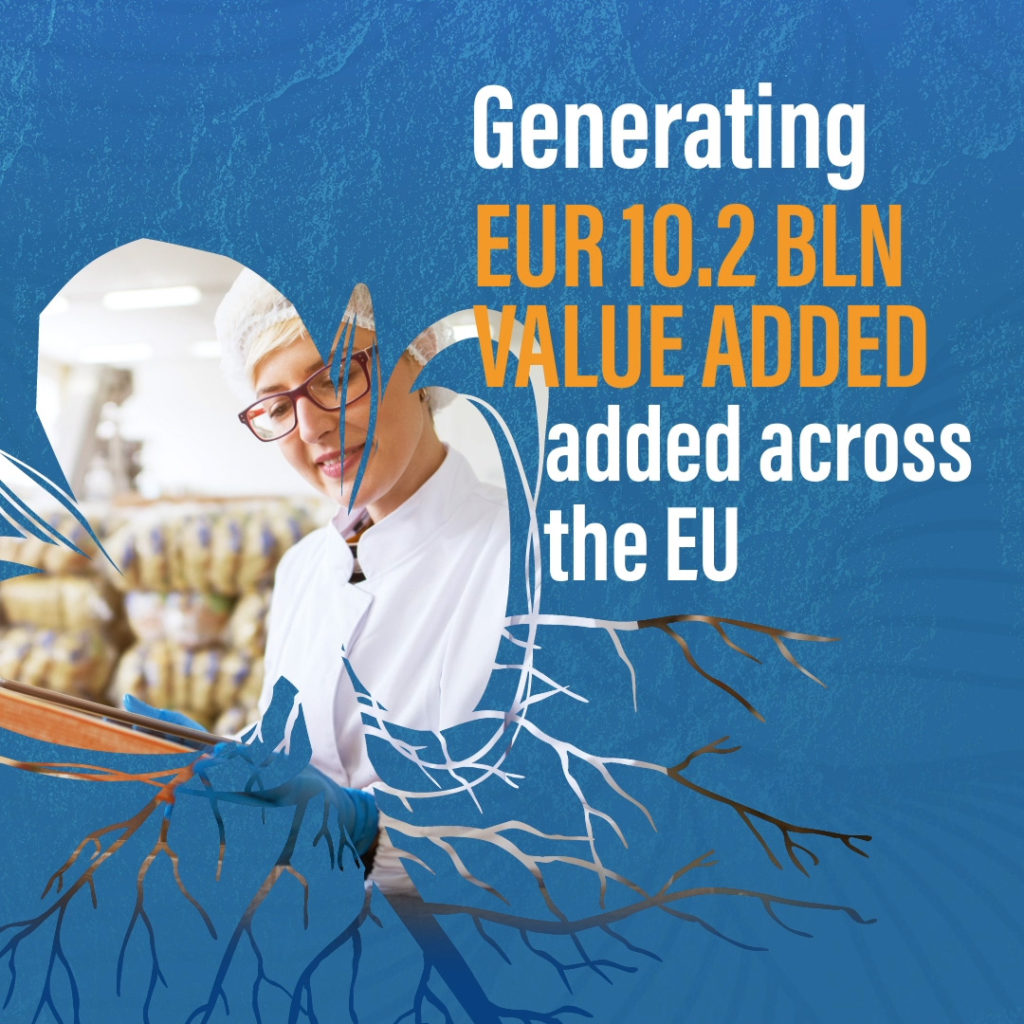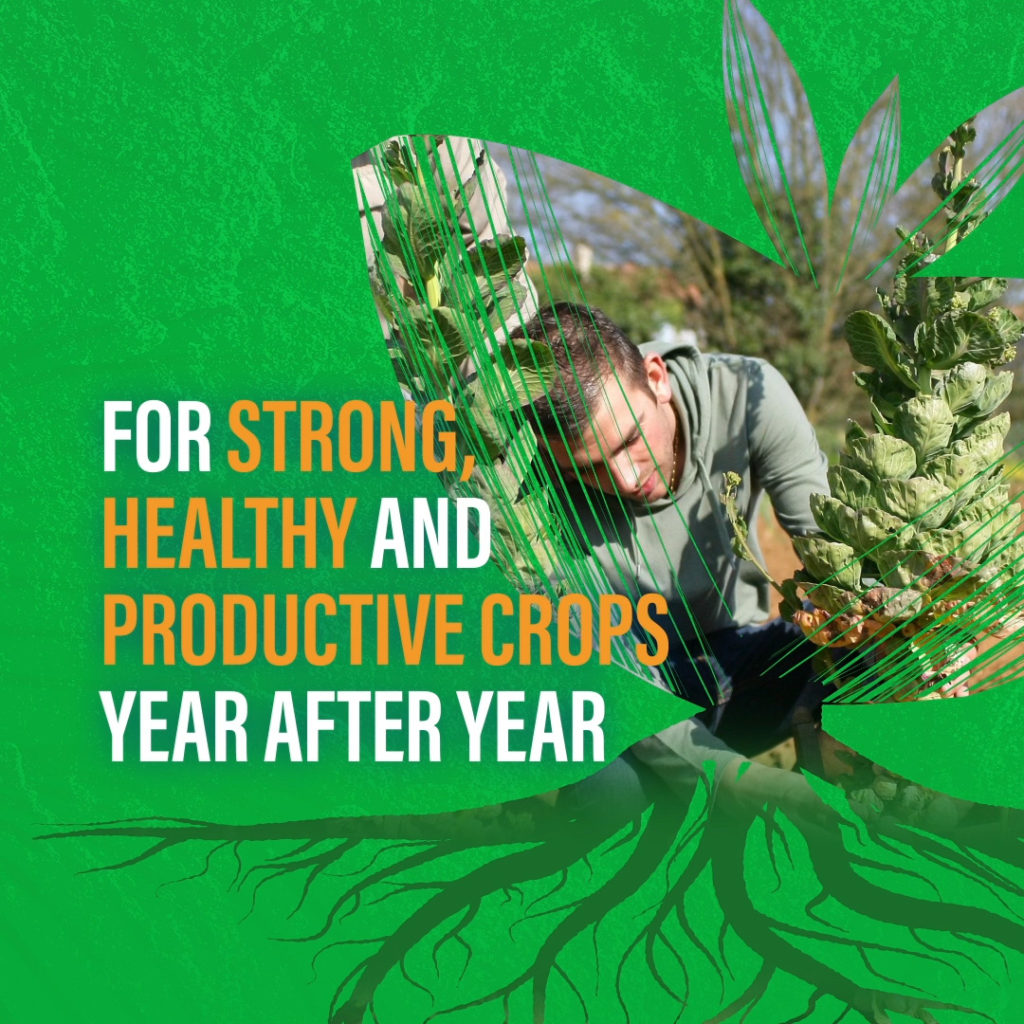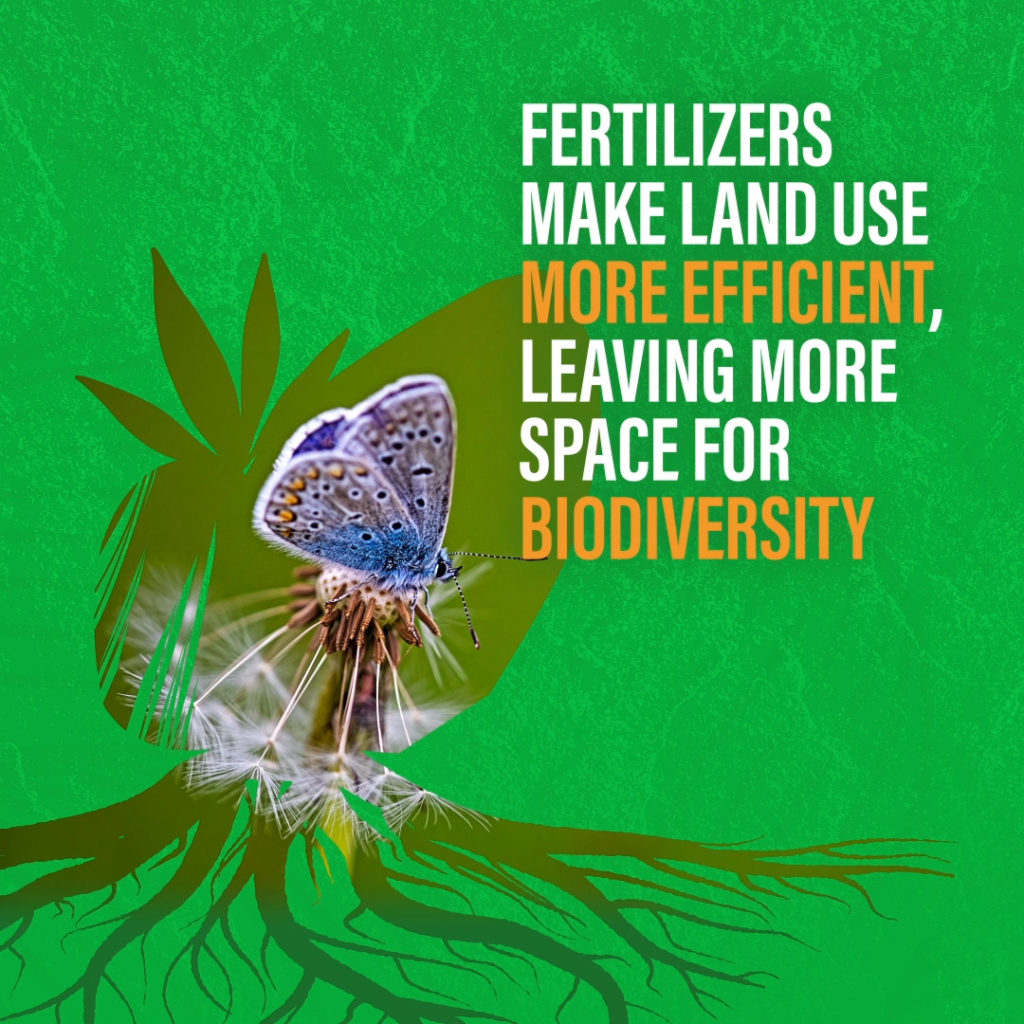#FeedingLife
Mineral fertilizers are crucial for sustaining life on this planet, feeding crops, farming, people, European economy and a sustainable future.
At The Roots of Life
Each year, the European fertilizer industry transforms millions of tonnes of naturally occurring raw materials such as air, natural gas and mined ores into products primarily based on the three essential nutrients nitrogen, phosphorus and potassium, which plants need to grow to their full potential. In order to provide consumers with high quality, nutritious, diverse and sustainably produced food, the highest quality plant nutrients are required.
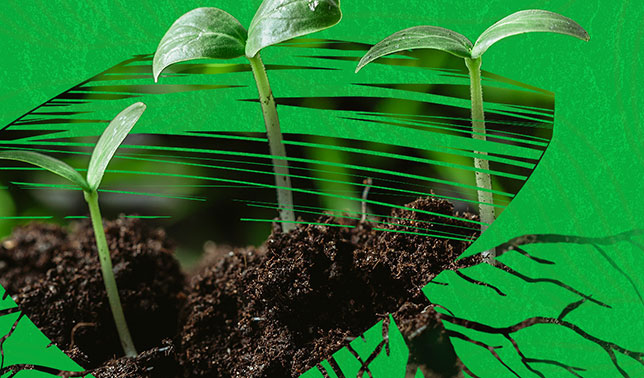
Feeding Crops
Balanced plant nutrition is key to increasing crop yields and optimizing production. Plants receive their nutrients from both mineral fertilizers and organic sources. Nutrients are removed from the soil with every harvest. Mineral fertilizers balance and supplement organic sources, felling the gap between nutrients from the soil and crops’ nutrient needs. In this way mineral ensure that plants grow to their full potential.
Feeding People
Today, fertilizers help feed around 50% of the global population. The UN estimates that the world’s population will continue to grow, reaching 8.6 billion by 2030 (up from 7.6 billion today). In other words, the world needs to find a way to feed an extra population the size of Germany every year. High quality fertilizers will be crucial to helping sustain productivity to meet the increasing demand for food while using scarce natural resources more efficiently.

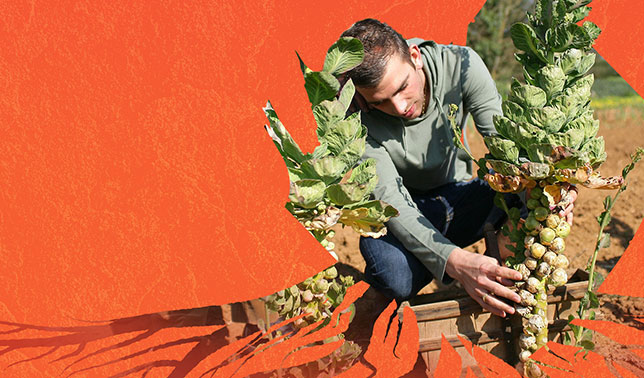
Feeding Farming
European farmers are expected to produce high quality food while minimizing environmental impact and maintaining profitability. EU Fertilizer industry works hand-in-hand with European farmers to deal with multiple challenges and ensure productive yields by providing quality products, supply security, tailor made solutions and environmental benefits.
Feeding European Economy
The fertilizer sector is a net contributor to the European economy, generating EUR10.2bn value added across the EU and providing high-skilled jobs for 75,800 Europeans. The EU fertilizer industry is leading the way towards a fully circular economy, building synergies with sectors such as oil refineries and nylon producers. Already today, the fertilizer sector converts around 10 million tonnes of ammonium sulphate and sulphur into basic fertilizers annually.
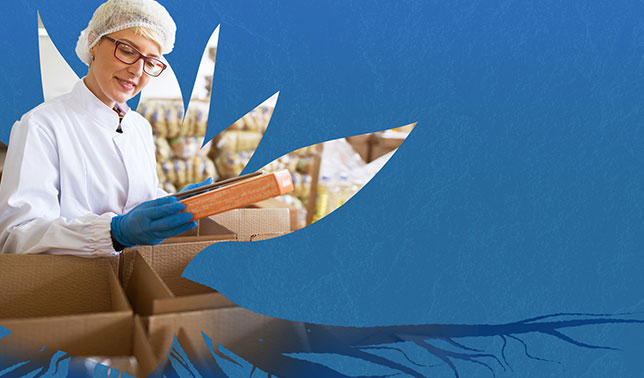

Feeding a Sustainable Future
Feeding Life 2030 vision aims to find solutions that answer the question of how to continue feeding a growing population while doing so in a more energy and environmentally efficient way. The deployment of more knowledge per hectare, promotion of circular economy and the use of ammonia as a carbon free energy carrier are what our industry sees as key solutions.
